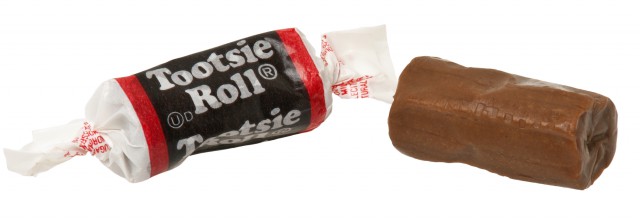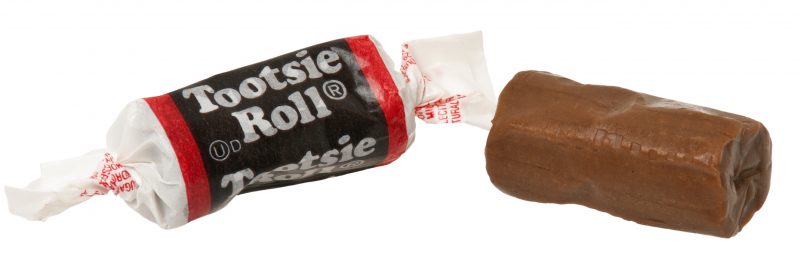In the heat of battle, a harmless mistake can turn into a fatal one. This is especially true when supplies get mixed up and troops find something else where ammunition should be.
Brandon’s Biscuits
In 1824, a force of British redcoats under Sir Charles Macarthy were on one of the expeditions that characterised the British Empire – putting down resistance by angry locals. At the village of Bonsaso in West Africa, they found themselves under attack by an army of 10,000 angry Asante tribesmen. Massively outnumbered, the redcoats formed square and poured volley after volley of gunfire into the Asante.
The weight of numbers was overwhelmingly against the British, but they had the advantage of guns, and as long as that held out they were safe. Macarthy’s attempt to scare off the Asante with a rousing rendition of God Save the King did not do the job.
As the men started to run out of bullets they turned to Charles Brandon, the military store manager who had just brought boxes of ammunition up from the coast. Brandon and the soldiers broke open these reserves, only to find that the boxes were full of biscuits.
Out of bullets, Macarthy ordered a retreat, but it was too late. Most of the British were killed, and Macarthy’s skull ended up as a drinking cup for an Asante chief.
Gordon’s Gold
The British army repeated their error during the expedition sent to the Sudan in 1884-5, an expedition which failed to save General Gordon and the garrison surrounded by Mahdists in Khartoum.
One of the reasons the expedition arrived too late was the attacks it suffered on route, including the short but vicious battle against Dervishes at Abu Klea. Once again the reserve ammunition boxes were breached, as the British sought to fight off attackers who outnumbered them ten to one. This time they found not biscuits but gold sovereigns. The money was meant as a payment to friendly tribes, but even as battle raged, gold found its way into the pockets of British soldiers.
Despite the error, the British forced the Dervishes to retreat. They would still be too late to save Khartoum.
Tootsie Rolls
The redcoats weren’t the only army to suffer from supply problems.
From 27 November to 13 December 1950, UN troops in North Korea, most of them American, were surrounded by the Chinese in the Battle of Chosin Reservoir. Cut off from their supply lines, American troops quickly started running low on ammunition, including mortar shells. The only way to get it in was through parachute drops, which were made dangerous by Chinese anti-aircraft fire.

When supplies finally arrived for the mortar teams, they opened the crates to find them full of candy. The supply officers on the other end of the radio had heard soldiers in the background calling for them to send Tootsie Rolls, which had become a nickname for mortar shells, and taken the request too literally.
For the next two weeks, the Americans feasted on Tootsie Rolls. They eventually managed to break out of the encirclement, inflicting heavy casualties on the enemy.
Sources:
- Regan, Geoffrey (1991), The Guinness Book of Military Blunders.
- https://en.wikipedia.org/wiki/Battle_of_Abu_Klea accessed 13 January 2016.
- http://www.news-herald.com/general-news/20101017/veterans-remember-chosin-reservoir-battle accessed 13 January 2016.
- https://en.wikipedia.org/wiki/Battle_of_Chosin_Reservoir accessed 13 January 2016.
